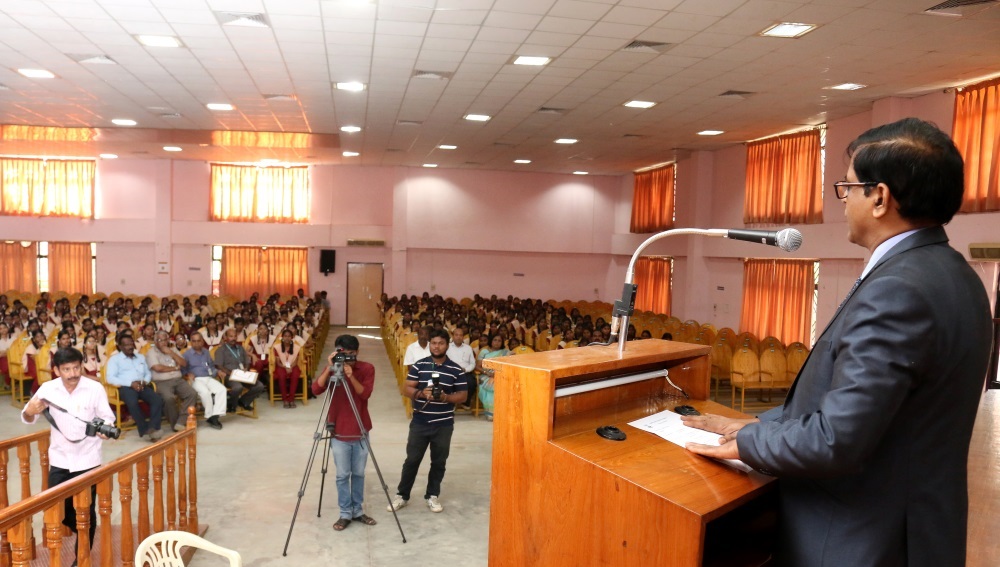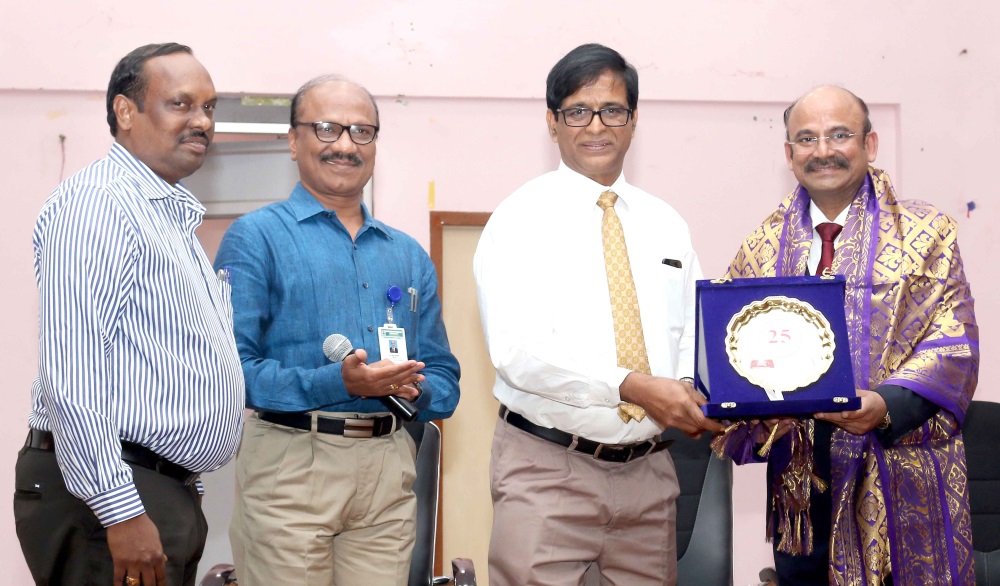Indian university makes all courses free for trans students ‘to keep them from homelessness’

An Indian university has made its courses free for trans students.
Manonmaniam Sundaranar University (MSU) took the step, seemingly a first for universities across the country, to help trans students increase the quality of their lives and improve India.
The resolution, which will take effect from this academic year after being passed with overwhelming support, covers trans students financially from undergraduate to doctorate level.
Courses at the university can cost as much as nearly 20,000 Indian Rupees.
In an emotional statement, MSU vice-chancellor Dr Krishnan Baskar said that “after getting neglected by the society and even by their parents, the transgenders are forced to beg on the streets.
“If we can create a favourable condition for acquiring better educational qualifications, it will enable them to occupy enviable positions in government or private institutions, and hence, the MSU has taken an initiative in this direction,” he added.

The institution in Tamil Nadu, a southern India state, has 65,000 students across its affiliated colleges.
MSU will also create facilities including separate toilets for trans students, the vice-chancellor said.
“A transgender from Salem has become the first Sub-Inspector of Police in Tamil Nadu to prove that providing right opportunity is important for them to come up in life,” he observed.
“We, by giving the fee waiver, have announced in an unequivocal manner that MSU is for the upliftment of the third gender.
“We should ensure a respectable life for them,” the vice-chancellor said.
Another university official has also announced that he will create a scholarship to fund the living expenses of two trans students who gain entry to a postgraduate course at MSU.
The state of Tamil Nadu has a well-deserved progressive reputation, having appointed the first trans police officer last year and seen the first trans woman to run for a seat in parliament in 2014.
In 2009, Tamil Nadu organised the country’s first ever pride parade, while a news network in the state appointed the first trans news anchor in India in 2014.
The state also hosted the first genderqueer pride parade in Asia in 2012, and built toilets for its trans citizens in 2009.
Earlier this week, the Indian government passed a “historic” law ensuring equal rights for people with HIV or AIDS.
The law is a welcome relief for many in India, with LGBT people in the country still suffering from discrimination.

Nearly half of all trans children are subjected to violence before they turn 18.
And figures released earlier this year revealed that the great majority of trans people in the country are missing out on the electoral process because they do not have sufficient ID.
Just four percent of the trans community are enrolled in voter lists, according to the Election Commission of India’s statistics.
Earlier this week, at least 300 people celebrated the first queer pride parade in Lucknow, a city in the north of the country.
Members from both the LGBT and straight communities took to the streets in solidarity nearly 18 years after Kolkata held the first pride event in the country.
And last week, the Indian government told its states to view trans people as equal, and allow them to use any public toilet they choose “without any embarrassment.”

